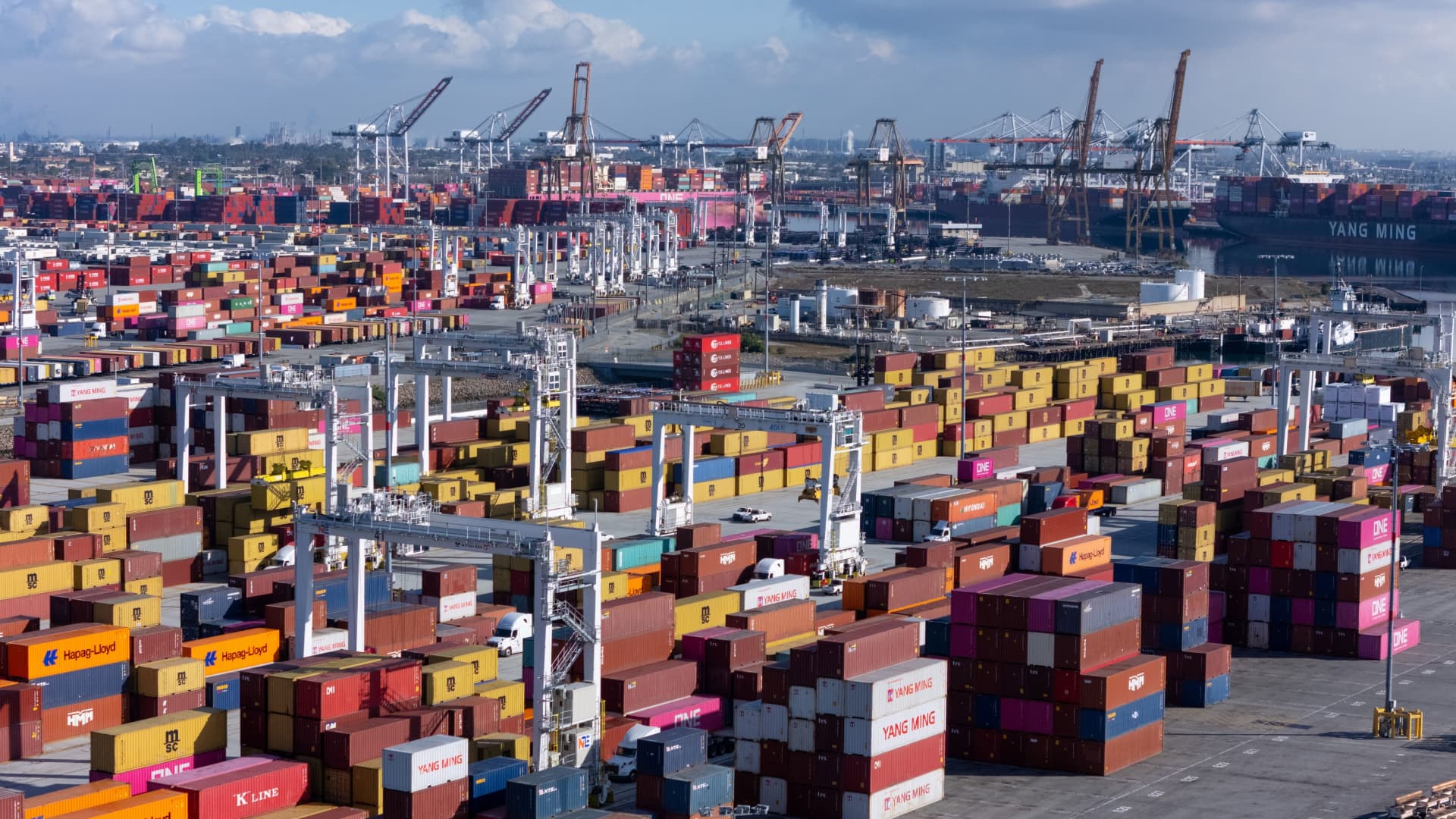Africa’s Emergence: A Continent on the Rise
As global dynamics shift, Africa is poised to play an essential role in redefining economic and political structures. The continent, often referred to as the “next frontier,” is teeming with untapped resources, youthful energy, and innovative potential. This exploration delves into Africa’s emergence and its implications for the world stage, highlighting how this vibrant region is shaping the future global landscape.
The Demographic Dividend: A Young and Growing Population
Africa is home to over 1.2 billion people, with a significant portion being under the age of 25. This youthful demographic presents a unique opportunity for innovation and growth. According to the United Nations, Africa’s population is expected to double by 2050, which means that by then, one in four people on Earth will be African. This demographic shift could lead to a new workforce that drives economic growth and innovation.
- Innovation Hubs: Cities like Nairobi, Lagos, and Accra are becoming innovation hubs, attracting entrepreneurs and tech enthusiasts eager to tap into the continent’s potential.
- Education Reform: Investments in education are crucial. As literacy rates improve, Africa’s youth will be better equipped to contribute to the global economy.
Economic Growth: The Rise of African Economies
Over the past two decades, many African nations have experienced significant economic growth. Countries like Ethiopia, Ghana, and Rwanda have posted impressive GDP growth rates, often outpacing global averages. This growth is driven by various factors:
- Natural Resources: Africa is rich in natural resources, including oil, gas, minerals, and agricultural products. Countries like Nigeria and South Africa are leveraging these resources to boost their economies.
- Agricultural Potential: With vast arable land, Africa has the potential to become the world’s breadbasket. Initiatives aimed at improving agricultural practices are in the works, promising food security and export opportunities.
- Trade Agreements: The African Continental Free Trade Area (AfCFTA) is a game-changer, allowing for increased intra-African trade and economic integration.
Political Stability and Governance: A New Era
While Africa has faced challenges related to governance and political stability, there is a noticeable shift towards more democratic practices. Countries like Senegal and Botswana are often cited as examples of successful governance models. The emergence of civil society movements and increased civic engagement has led to greater accountability and transparency in many nations.
Moreover, the African Union has taken significant steps in promoting peace and stability across the continent. Initiatives aimed at conflict resolution and peacekeeping are becoming more effective, allowing nations to focus on development rather than conflict.
Technological Advancements: A Leap into the Future
Africa is embracing technology at an unprecedented pace. Mobile technology, in particular, has revolutionized how people communicate, do business, and access services. With mobile penetration soaring, digital solutions are bridging gaps in healthcare, finance, and education.
- Fintech Revolution: The fintech sector in Africa is booming, with companies like M-Pesa in Kenya leading the way in mobile banking and financial inclusion.
- E-Learning and Remote Work: The COVID-19 pandemic accelerated the adoption of e-learning and remote work, opening doors for education and employment opportunities across the continent.
Global Partnerships: Collaborating for Growth
Africa’s emergence on the global stage is also marked by its increasing collaboration with international partners. Countries like China, India, and the United States are investing heavily in Africa, recognizing the continent’s strategic importance. These partnerships are pivotal in infrastructure development, trade, and technology transfer.
However, it’s essential that these partnerships are built on mutual respect and benefit. African nations are advocating for fair trade practices and sustainable investment that will contribute to long-term development rather than short-term gains.
Challenges Ahead: Navigating The Path to Progress
Despite the promising outlook, Africa faces several challenges that must be addressed to ensure sustainable growth:
- Poverty and Inequality: While many countries are experiencing growth, income inequality remains a significant issue. Efforts to ensure that the benefits of growth reach all segments of society are crucial.
- Infrastructure Deficits: Lack of infrastructure remains a barrier to growth. Investments in roads, energy, and technology are critical to unlocking Africa’s full potential.
- Climate Change: Africa is particularly vulnerable to the impacts of climate change, which can threaten food security and livelihoods. Sustainable practices must be prioritized.
Conclusion: Africa’s Future on the Global Stage
Africa’s emergence as a vital player in the global landscape is not just a possibility; it’s an unfolding reality. The continent’s youthful population, rich resources, and burgeoning economies are setting the stage for a transformation that can redefine not only Africa’s future but the world as a whole. By harnessing its potential and addressing its challenges, Africa is on the path to becoming a cornerstone of global economic and political structures.
As we look ahead, it’s clear that Africa is not merely a passive observer in global affairs but an active participant shaping the future. The world should pay attention, for Africa’s story is one of resilience, innovation, and promise.
See more CCTV News Daily



